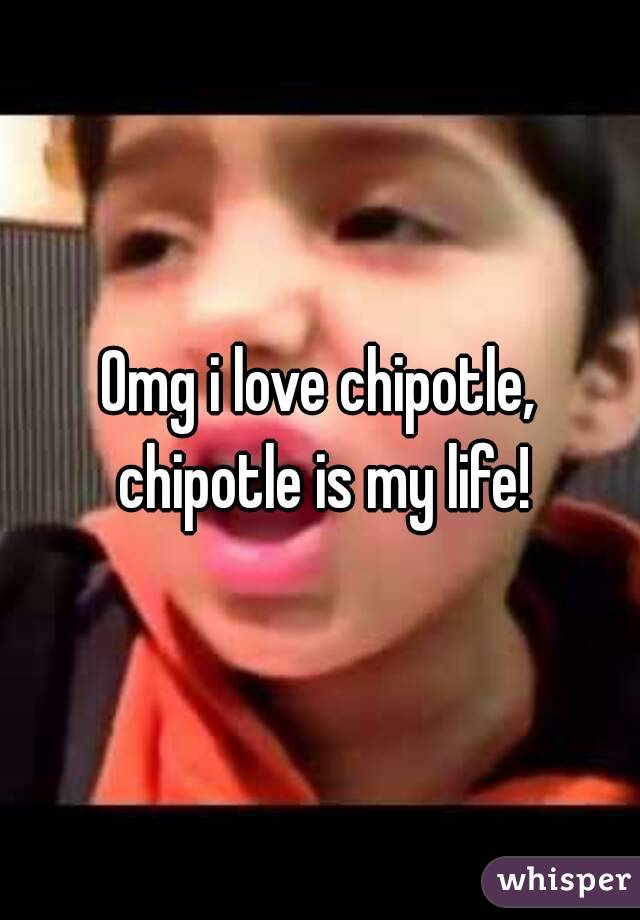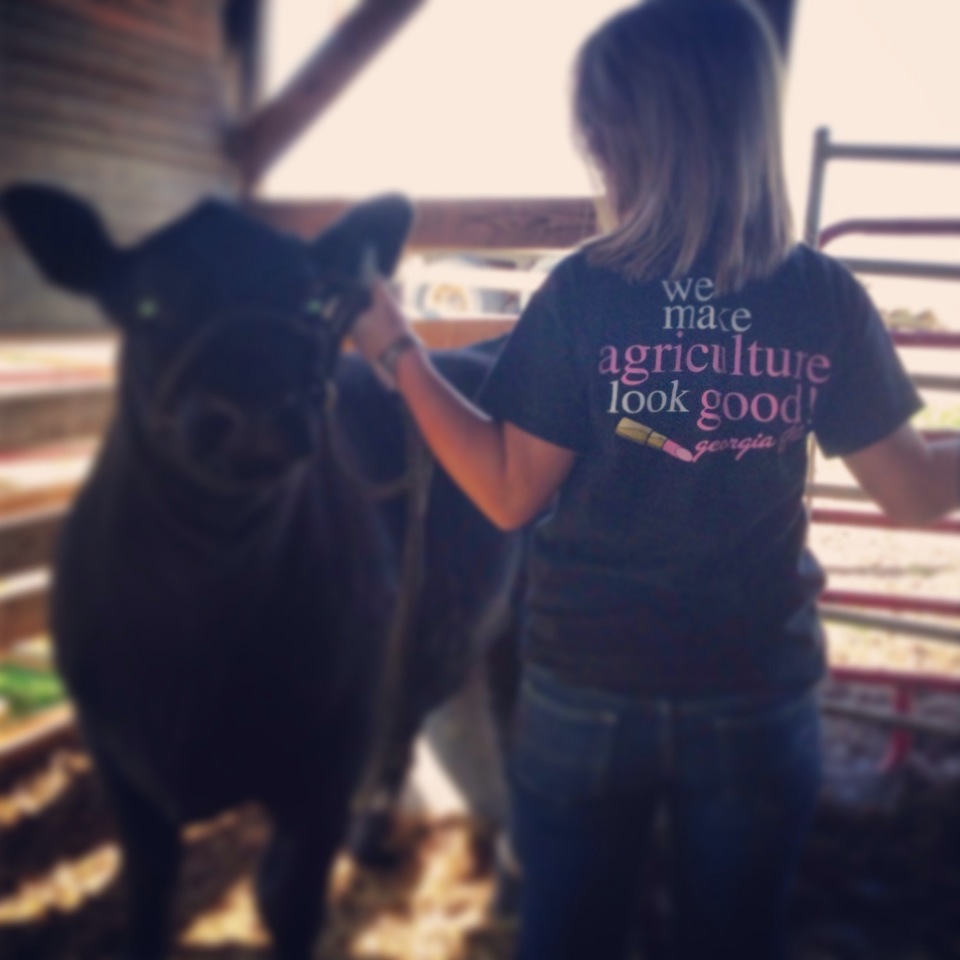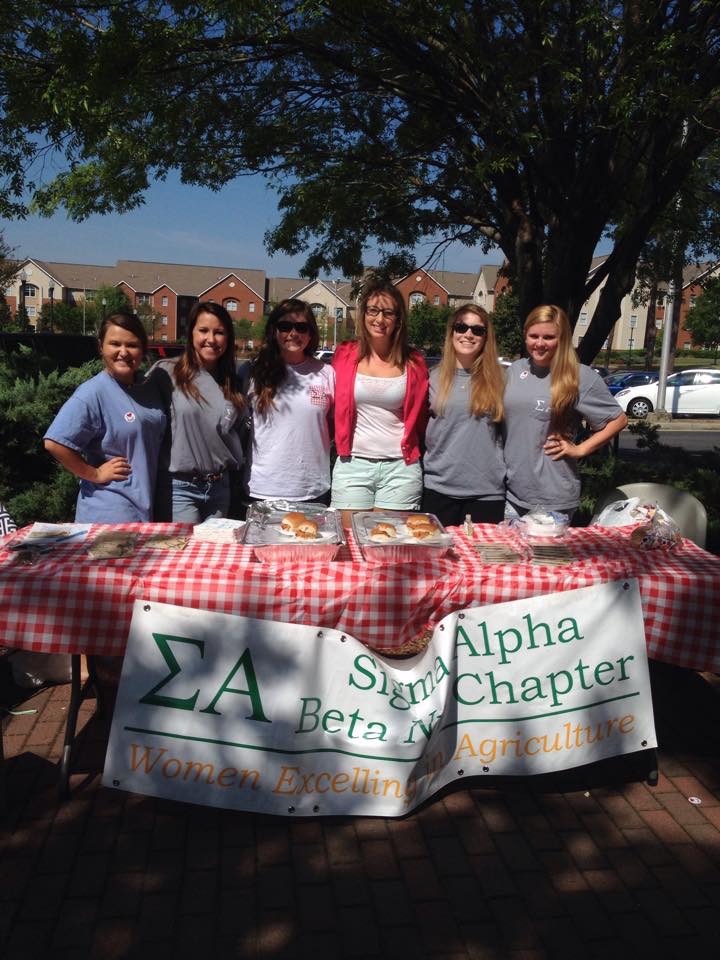 Let’s face it, we have all seen the video of the young boy mocking, what seems to be a teenage girl, obsessing over chipotle. But what is all the rant and rave over a burrito bowl? They don’t even have cheese dip for goodness sake.
Let’s face it, we have all seen the video of the young boy mocking, what seems to be a teenage girl, obsessing over chipotle. But what is all the rant and rave over a burrito bowl? They don’t even have cheese dip for goodness sake.
For most people in urban areas, chipotle comes across as a restaurant portraying positive images and promoting sustainable agriculture. But for farmers and agriculture advocates it is a restaurant that is skewing information given to consumers and bashing farmer’s practices. These are the mottos, beliefs, and advertising methods used by Chipotle described by an agriculturist’s prospective:
NO GMO. In the early months of 2015 Chipotle was the first restaurant to nationally announce that their menu was officially GMO free. For those who don’t know, a GMO is a genetically modified organism. GMO’s allow farmers to increase yields and feed more people with fewer farms. This scares consumers because of “super bugs” and resistance to diseases when in fact it has never been proven that GMO’s have caused death, increased allergies, or increased human resistant to antibiotics. There has been no proof of any harmful effects of GMO’s on humans or the environment. (I do not claim to be a GMO genius, for more information on GMOs see this link)
Cultivating a Better World. Chipotle claims that by using their farmers they are encouraging agriculturists to “cultivate a better world.” This goes along with another one of their mottos, Food with integrity. For most of Chipotle’s consumers they think, “Wow, Chipotle really cares.” By no means am I saying Chipotle doesn’t care about what farmers are producing or what consumers are putting in their mouths but I am saying that the farmers they use for the food in the restaurants are not the only farmers that care about what you are eating and what is happening to the environment. Farmers work everyday to ensure that what they are producing is going provide for future generations and that their food is safe for their own families to eat.
Factory Farming. Chipotle not only has youtube videos and articles discussing factory farming they now even have a comedy TV show on Hulu. Within the first 3 minutes of the TV series they show a “farm” in a warehouse and they blow up a cow. As someone who has worked with beef and dairy cattle, swine, and poultry I have never seen something like this happen but consumers don’t realize that. Why? Today consumers are about 3 generations removed from the farm. This means the average elementary school student thinks that their food comes from Walmart or McDonalds and not the farm. Farms today, of course are going to look different from what they did 50 or 60 years ago because we are feeding a population with billions more people. The farms look different but they are actually more productive and practices used are more ethical. Farmers do care about the health of livestock and the consumers no matter what organizations like Chipotle or PETA say.
Sustainability. Multiple times as I flipped through the Chipotle website I ran across the word “sustainable.” But what is sustainability and who measures it? What I consider sustainable may not be what you consider sustainable. Farmers all over the United states are implementing new practices to become more sustainable. For example, rooftop gardens in urban areas such as New York and GMOs in rural areas are allowing farmers to use less pesticides, herbicides and fertilizers leave less green house gasses. Just because Chipotle doesn’t think that a farmer’s practices aren’t sustainable doesn’t mean that a farmer isn’t doing his or her best to protect the environment, his livestock, and the health of the consumers.
In America, the great thing is we have freedom of speech and we are entitled to our own opinion. As an agriculturist, I support sustainable agriculture and GMOs. Organizations like Chipotle and PETA make advocating for agriculture harder. It is our job as agriculturists to be able to handle conversations with supporters of these type organizations. I challenge each of you reading this to research GMO’s and make a difference in your local community.
 As a woman in the agriculture industry its funny to hear some of the reason why we, as women, “can’t” do something. I think it is safe to say that women are no longer considered the minority in this industry because we are closing the gender gap. But agriculture is still considered a man’s industry so along with being a woman in a man’s industry there comes a few struggles and doubts. So laugh along with me as I share some of the things I have heard as a woman working in the agriculture industry.
As a woman in the agriculture industry its funny to hear some of the reason why we, as women, “can’t” do something. I think it is safe to say that women are no longer considered the minority in this industry because we are closing the gender gap. But agriculture is still considered a man’s industry so along with being a woman in a man’s industry there comes a few struggles and doubts. So laugh along with me as I share some of the things I have heard as a woman working in the agriculture industry.